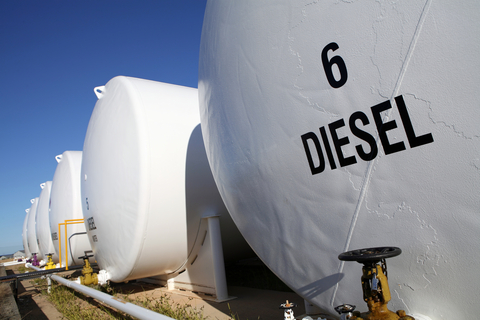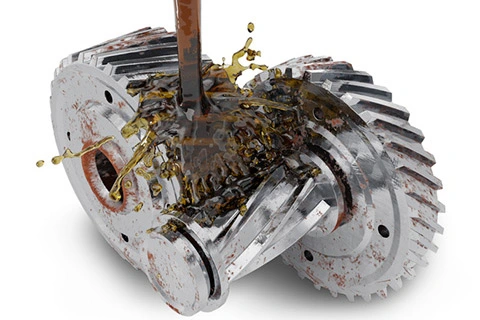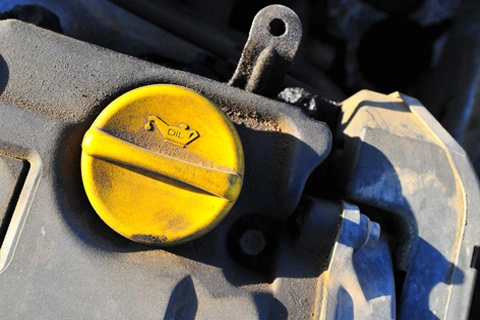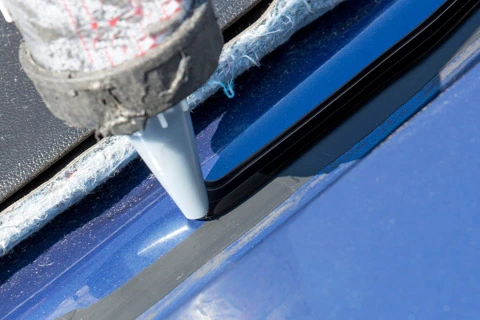
Automotive Fuel Standards
Automotive fuel standards deal with the content of automotive fuels, addressing specifications and methods for determining, evaluating, and testing the content of automotive fuels, and its compatibility with specific engine types. Special attention is given to sulfur content. With standards developed by SAE, ASTM, and ISO, automotive fuel standards are incredibly important because of the sheer amount of permutations arising between fuel suppliers, fuel distributers, major car makers, other automotive parts manufacturers, and users.








